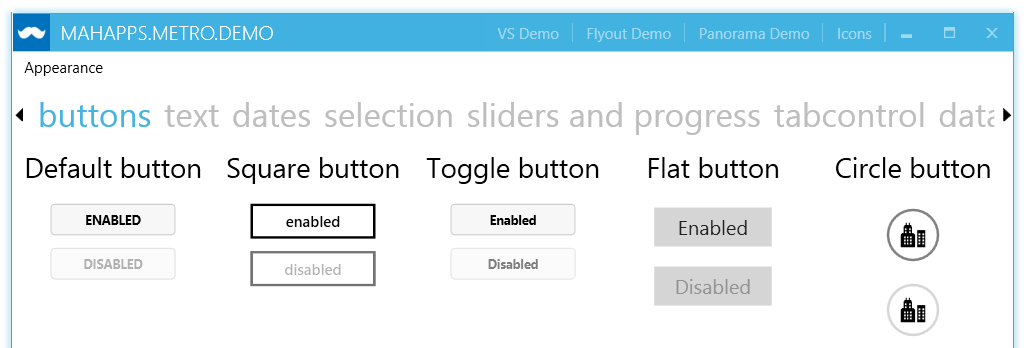GetCurrentLoadedScripts
Ach schön, endlich ist es möglich zu erfahren, welche Scripte geladen sind…
Bin Aufgrund der Codes von GetCurrentScriptPath auf diese Lösung gekommen… Auch hier vielen Dank an den tollen EPLAN API Support!
/* Usage
private static string GetCurrentLoadedScripts()
{
string value = null;
ActionCallingContext actionCallingContext = new ActionCallingContext();
new CommandLineInterpreter().Execute("GetCurrentLoadedScripts", actionCallingContext);
actionCallingContext.GetParameter("value", ref value);
return value;
}
*/
using System.Text;
using Eplan.EplApi.Base;
using Eplan.EplApi.Scripting;
namespace EplanScriptingProjectBySuplanus.GetCurrentLoadedScripts
{
public class GetCurrentLoadedScripts
{
[DeclareAction("GetCurrentLoadedScripts")]
public void Action(out string value)
{
Settings settings = new Settings();
var settingsUrlScripts = "STATION.EplanEplApiScriptGui.Scripts";
int countOfScripts = settings.GetCountOfValues(settingsUrlScripts);
StringBuilder stringBuilder = new StringBuilder();
for (int i = 0; i < countOfScripts; i++)
{
string scriptPath = settings.GetStringSetting(settingsUrlScripts, i);
stringBuilder.Append(scriptPath);
// not last one
if (i != countOfScripts - 1)
{
stringBuilder.Append("|");
}
}
// returns list: "\\path\script1.cs|\\path\script2.vb"
value = stringBuilder.ToString();
}
}
}
